How Have Catering Supplies Transformed in 2019?
Modern Restaurant Management
OCTOBER 22, 2019
By 2025, McDonald’s plans to recycle guest packaging in 100 percent of its restaurants. The brand has also pledged that 100 percent of its guest packaging will come from renewable, recycled, or certified sources. Of course, customers also need to play their part by opting for bridgeable products and recycling responsibly.



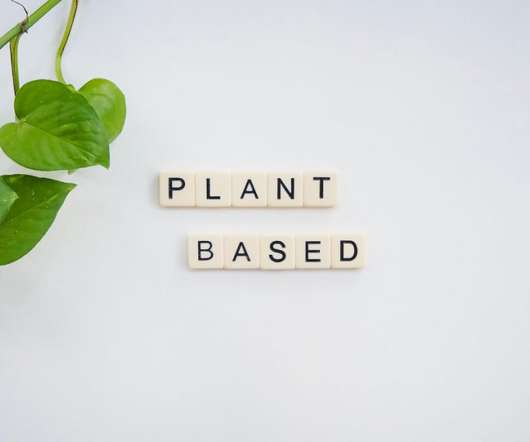



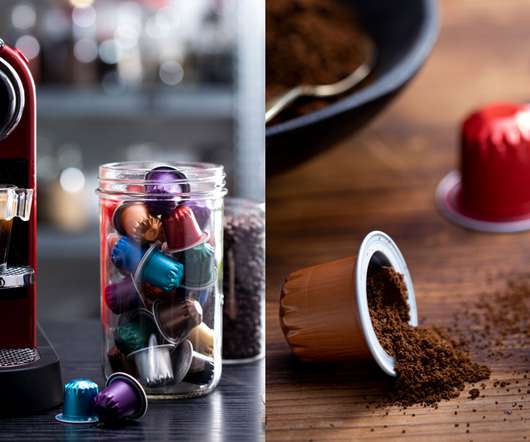




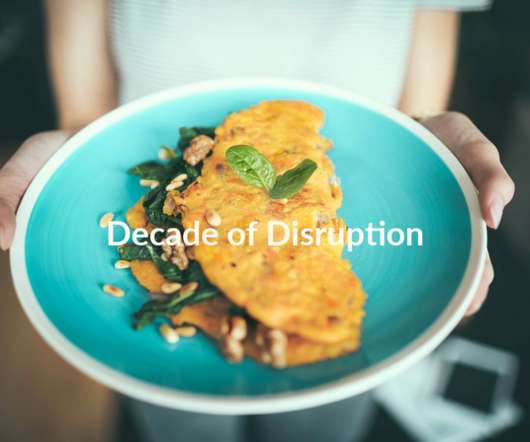
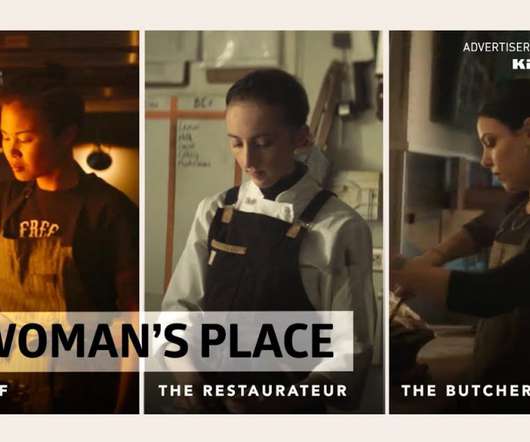
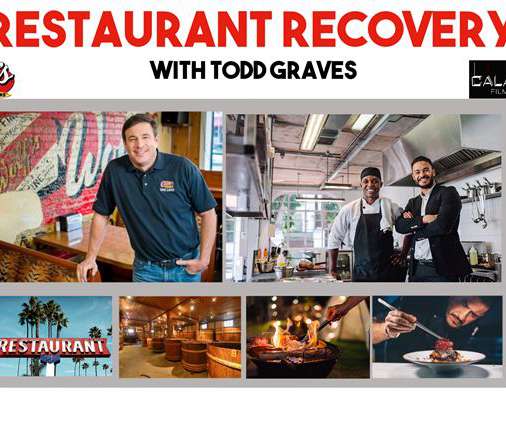
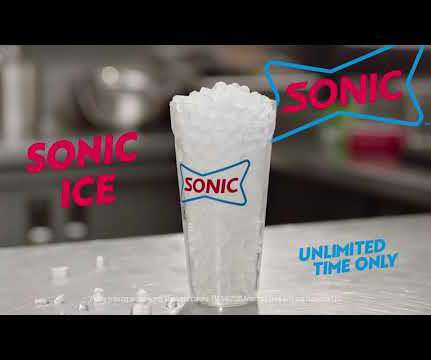









Let's personalize your content